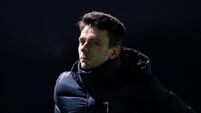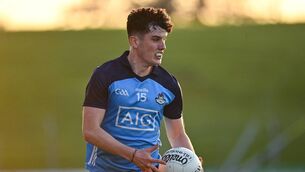Cork must keep the continuity
The possession game, that's what it's been called, a radical departure from the traditional Cork direct first-time game. Based, it is said, on the Newtownshandrum formula which last March saw the All-Ireland Club title returned to Cork after nearly two decades of frustration.
But possession game is far too narrow a definition, and doesn't nearly do justice to what Cork, and Newtown before them, have done in dragging hurling into the 21st century, bringing a new concept to the ancient game. It's the intelligence game, and any team out there with ambitions of dethroning Cork would do well to understand that.














